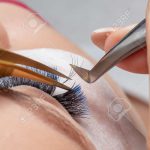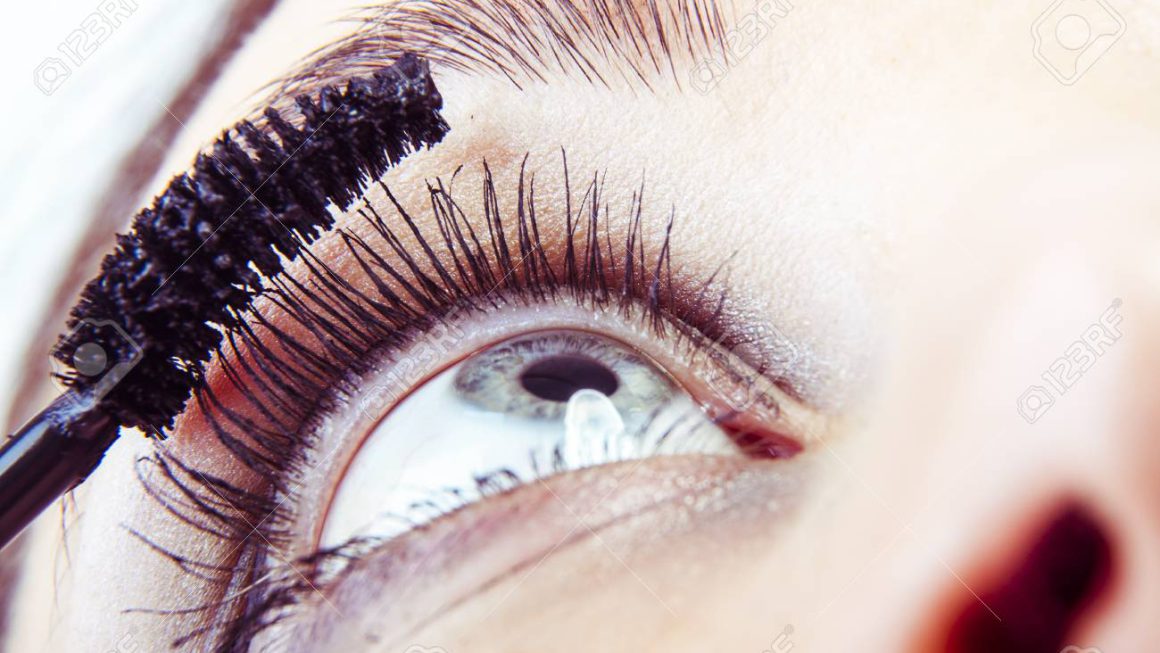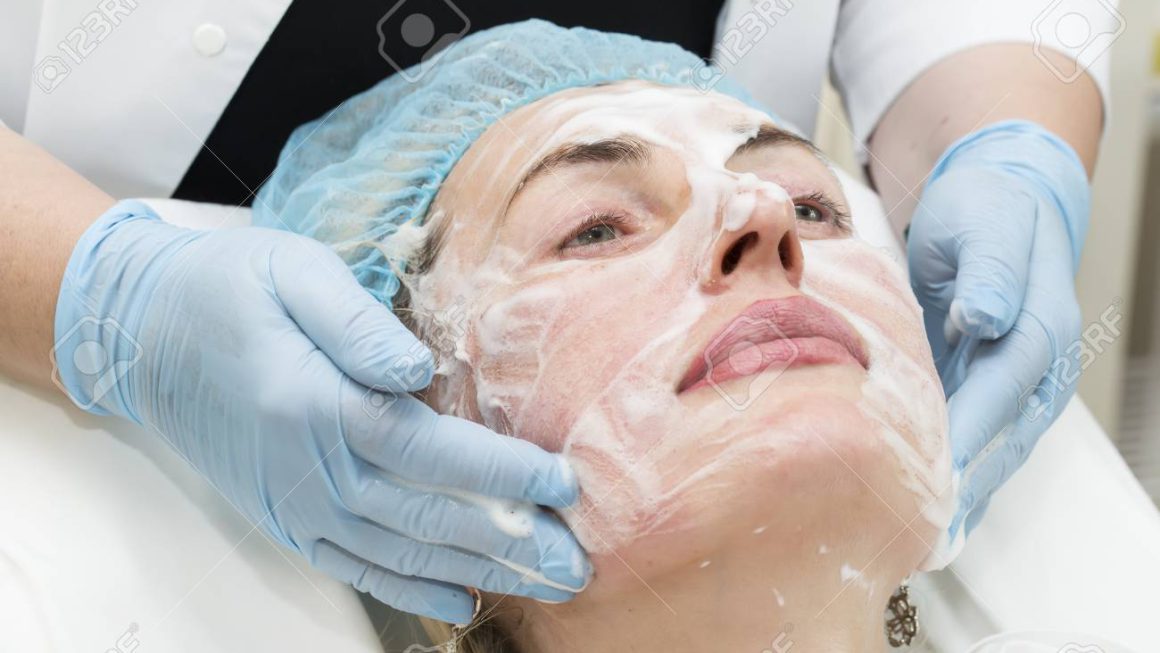Beauty is often seen as an important part of our lives, but unfortunately, many people don’t really care about it. This could be due to a variety of reasons, such as focusing on other aspects of life, or simply not having the time or money to invest in beauty. Whatever the reasons may be, it is clear that beauty isn’t as important to many people as it once was.
The Negative Connotations of Beauty
Beauty is often seen as a positive characteristic in our society, but the English language has some negative connotations associated with it. For example, someone may be described as “beautiful” but they may also be described as “vain” or “superficial”. This language implies that beauty is only skin deep, and that beauty is only valued because of its aesthetic appeal. This can lead to a perception that people who are beautiful are shallow or lack substance.
This type of language can be damaging to those who are judged solely on their appearance. It can also lead to a culture of judgement and criticism, where people are judged and even shamed for their physical appearance. This can have a damaging effect on self-esteem and confidence, and can even lead to feelings of insecurity and worthlessness.
It is important to remember that beauty is not just about physical appearance, and that it can be found in many different places. Everyone has their own unique beauty, and it is important to recognize this and to appreciate the beauty in all things.
The Impact of Social Media
Social media has had a major impact on the English language in recent years. With the rise of platforms such as Instagram, Twitter, and Snapchat, words like “selfie”, “hashtag”, and “filter” have become commonly used terms.
The impact of social media on English language can be especially seen in terms related to beauty. The term “contour” was originally used to refer to a type of makeup technique, but it has since evolved to become an all-encompassing term used to describe any type of beauty enhancement. The term “glow up” is a popular phrase used to refer to a dramatic transformation of one’s appearance.
Social media has also had an impact on the way beauty is discussed. With the rise of influencers and beauty bloggers, the language of beauty has become more accessible and inclusive. Words like “beauty guru” and “beauty hack” are now commonplace in conversations about beauty.
Overall, it is clear that social media has had a major impact on the English language. From new words to new ways of discussing beauty, social media has reshaped the way we communicate.
The Rise of Individuality
The rise of individuality in English language is an interesting phenomenon. As English has become the global language, it has taken on a new form that is distinctly individualistic. People around the world have begun to express themselves through their own unique styles of writing and speaking. This is especially evident in the way that beauty is described and conveyed in the English language. People are no longer limited to the traditional definitions of beauty, instead they are exploring new ways to express it.
One example of this is the emergence of the term ‘self-care’. This term has become very popular in the last few years and is used to describe looking after one’s own body and mind. This concept of self-care has been embraced by many people as a way to express their individual beauty.
Similarly, the idea of ‘body-positivity’ has become increasingly popular. This term is used to describe the idea of accepting and celebrating all body types, regardless of size, shape or colour. This concept has been embraced by many people as a way to express their individual beauty.
The rise of individuality in English language is a positive trend. It has allowed people to express their unique ideas, feelings and perspectives in a way that was not previously possible. This has allowed for a greater appreciation of beauty in all its forms, which is something to be celebrated.
Changing the Perception of Beauty
The beauty standards for what is deemed attractive have changed throughout the years and continue to evolve. The English language has also adapted to reflect the changing perception of beauty in society. In the past, English words such as “fair” or “lovely” were used to describe a person’s physical beauty, however, over time, these words have been replaced by more inclusive terms like “gorgeous” or “stunning”. This shift in language reflects the growing realization that beauty comes in all shapes and sizes, and the need to recognize this diversity.
English language has also seen the emergence of new words to describe the concept of beauty such as “glow-up”, which is used to describe someone who has suddenly become more attractive. This term is a perfect example of how the English language has adapted to be more inclusive and reflective of the changing perception of beauty.
Ultimately, the language we use has a major impact on how we perceive beauty and it is essential that we continue to be mindful of how we use words to describe it. We should strive to use language that is inclusive and empowering, rather than exclusive and judgemental. By doing so, we can help to create a more positive definition of beauty that is based on self-acceptance and self-love.
Conclusion
In conclusion, it is evident that beauty is no longer the primary focus for many people. The idea of beauty has changed over time, and people now prioritize things such as personality, intelligence, and other qualities over physical beauty. Additionally, the rise of social media has made it easier for people to compare themselves to others, leading to a decrease in the overall value of beauty. Ultimately, beauty is no longer a priority for many people, as they have come to recognize that there are more important aspects of life.













